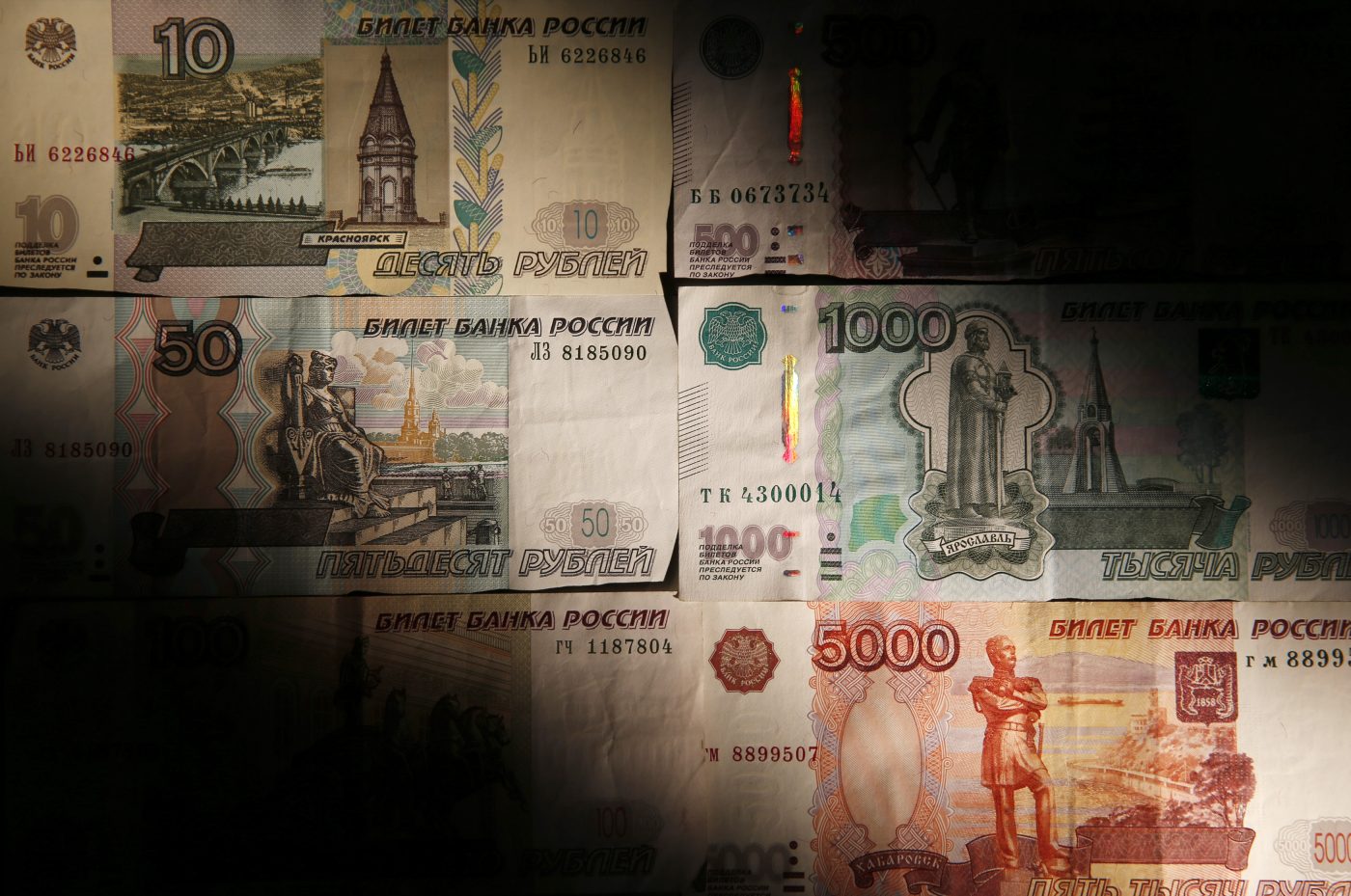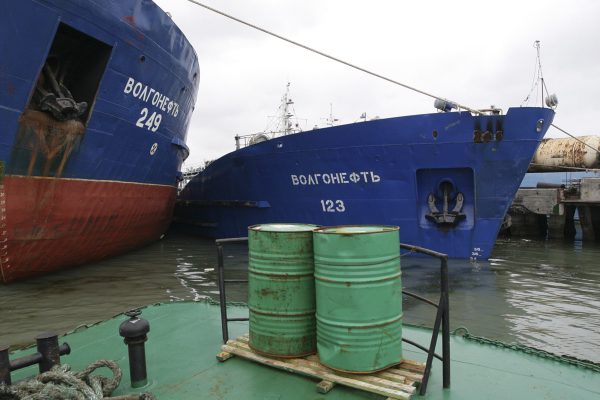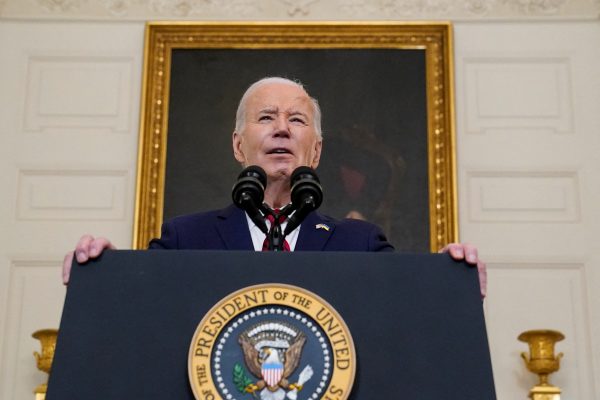“It’s obviously a systemic problem,” said Senator Enrico Borghi, a member of the opposition-controlled Intelligence Committee in parliament. What is the money being used for, he asked.
An investigation by the Bank of Italy’s Financial Intelligence Unit found a series of anomalies, including the withdrawal of roughly €4m ($4.35m) in cash, which had been taken from two accounts held by the Russian Embassy in Rome since the Kremlin began its full-scale invasion of Ukraine.
Western sanctions have crimped Russia’s ability to transfer money through the banking system, but its diplomatic network, of course, still operates. Now, intelligence services are working to understand whether the untraceable cash — made through 21 withdrawals, sometimes amounting to as much as €100,000 at a time — is being used to finance Kremlin influence operations.
Italian officials believe the most credible hypothesis entails a multi-pronged strategy reminiscent of the KGB days. The most obvious use of the money is paying state-linked individuals for access to sensitive information, such as new weapons designs or even NATO secrets (an Italian Navy officer was arrested for this in 2021). Another more subtle approach is through payments to so-called agents of influence — journalists, pundits, influencers, writers and bloggers, university professors and think tank researchers — to voice narratives supporting the Kremlin’s cause.
News of this appeared on the same day — November 14 — as the Cyprus Confidential investigation, which exposed several channels through which backers of Vladimir Putin moved money and hid their wealth abroad. One of them, EU- and US-sanctioned Russian oligarch Alexej Mordashov, allegedly paid an award-winning German journalist around $700,000 to publish a book entitled Putin’s Power about why Europe needs Russia. Hupert Seipel denied his dealings were inappropriate and said any payments related to support for his book projects. His publisher has halted sales of his publications.
During the Cold War, KGB payments to sympathetic individuals in the West were commonplace. Richard Gott, the Guardian’s literary editor, resigned in 1994 after it was revealed he had repeatedly met KGB agents, traveled on Kremlin expenses, and passed on the names of potentially sympathetic colleagues. He denied accepting £300 ($373) cash payments passed across restaurant tables. His was far from an isolated example.
“Russia is carrying out a communications and information destabilization,” argued Senator Borghi. He then cited the recent incident involving Italian Prime Minister Giorgia Meloni, who was tricked into speaking to two Kremlin-aligned Russian comedians about Ukraine war fatigue (that resulted in her diplomatic advisor resigning — an indirect Russian victory). He also recalled the early days of the Covid pandemic, when then-Prime Minister Giuseppe Conte allowed Russian military personnel to enter the country offering very public “aid”.
Rome has been in Moscow’s crosshairs for its strong support of Kyiv, perhaps more than most of Kyiv’s allies. Once seen as the soft underbelly of European resistance to Russia, Italy has course-corrected since the Conte days and has been on a steady Atlanticist trajectory. The Kremlin has not responded well.
Much of Russia’s official propaganda – conveyed through the likes of Foreign Ministry spokesperson Maria Zakharova, former President Dmitry Medvedev, and Ambassador to Italy Alexei Paramonov — laments Italy’s perceived about-face and is targeted towards anti-establishment, contrarian voices, including those who are regular guests on Italian television channels.
Meanwhile, Russia’s hybrid war continues — ranging from hacks on critical infrastructure to cyber espionage to good old-fashioned cyber-attacks. The latter have quadrupled since Russia’s war began, a far higher rate than seen elsewhere, according to the latest data from Clusit, the Italian Association for Information Security. Russian cyber-attacks in particular are on the rise, according to Bruno Frattasi, head of Italy’s National Cybersecurity Agency.
In a recent report, Ukraine’s own agency unveiled a sophisticated cyberattack orchestrated by APT29, known as Cozy Bear, an advanced persistent threat group acting on behalf of Russia’s Foreign Intelligence Service (SVR), with Italian embassies among its targets.
Far from being unconnected, illicit cash handovers, “prank calls,” and cyberattacks are part of the same medium-to-long-term design: to exacerbate political division, embitter the public debate, fuel information chaos, and sow distrust towards democratic institutions, while also interfering with the democratic process by injecting Kremlin-aligned narratives and conducting espionage.
Otto Lanzavecchia is an Italian journalist for Formiche.net and Decode39. He focuses on international affairs, tech, energy, and the ecological transition.
Gabriele Carrer is a journalist at Formiche.net in Rome. He conducted research on foreign disinformation and interference threats in Italy as a Visiting Fellow at the Rome Office of the European Council on Foreign Relations.
Europe’s Edge is CEPA’s online journal covering critical topics on the foreign policy docket across Europe and North America. All opinions are those of the author and do not necessarily represent the position or views of the institutions they represent or the Center for European Policy Analysis.





